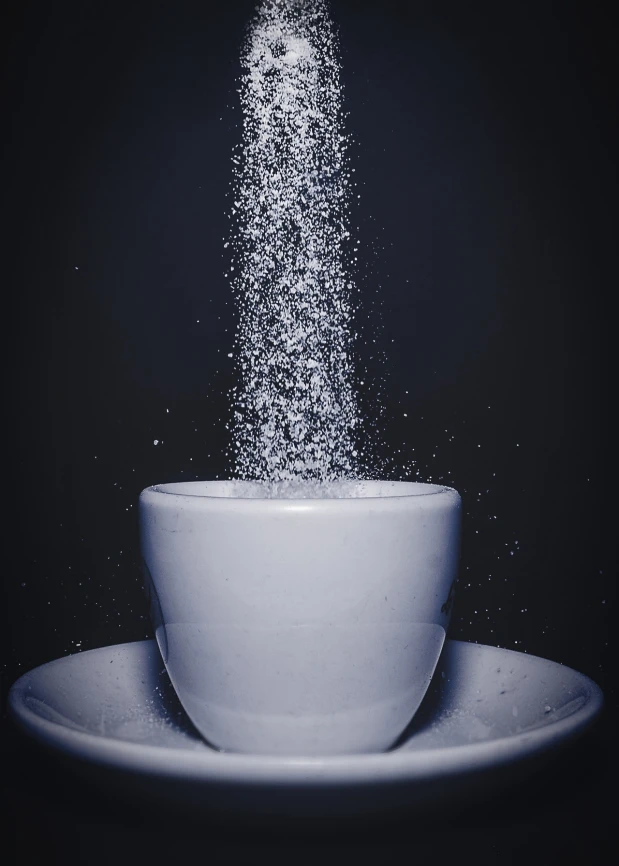I may have been wrong about artificial sweeteners. I’ve always been a big fan of them, because I love stuffing sweet things in my mouth, but also try to keep my daily calorie count somewhat reasonable.
Sweeteners also have an ideological draw — I love artificial things. I’m typing this on an artificial iPad, powered by artificial electricity, basking in artificial heat, under an artificial roof. So when I see people react with hostility to anything that isn’t “natural” (whatever that even means), I push back. You think artificial sweeteners are poison because Splenda packets aren’t plucked from the ground like potatoes? Well, then I’m gonna put Splenda on everything! I’ll sprinkle it on beef I don’t even care. Take that, hippy!
And in theory, my pettiness should be supported by science. If controlling weight is the goal, then all that matters is calories in and calories out, right? Sweeteners lead to fewer calories in, so they help control weight in a world where calories are frickin’ everywhere. That’s the theory.
The thing is, the best theory in the world is worthless without data. More and more data is coming out about artificial sweeteners, and the results often differ from what theory would predict.

Most data isn’t conclusive. When you look at the whole population, people who use artificial sweeteners tend to be overweight. That’s just a correlation — maybe bigger people are trying to lose weight with sweeteners. It’s not evidence that sweeteners don’t work, but it’s a lack of evidence that sweeteners do work.
True experiments, in which people changed their intake of artificial sweeteners, would be more definitive if they showed an effect. Here’s a recent meta-analysis reviewing studies on artificial sweeteners, including randomized controlled trials. The researchers concluded:
Evidence from [randomized controlled trials] does not clearly support the intended benefits of nonnutritive sweeteners for weight management.
So again, not evidence that they cause weight increases, or poison you, or have any negative effects. But also not evidence that they do have their intended effect: weight loss.
I’ve seen speculation and emerging research on why the theory doesn’t match up with the data. Some people think it’s a psychological thing — the classic “I had a Diet Coke, so I can order two Baconators instead of one” phenomenon. Some think it’s more biological, with sweeteners mixing up the critters in our guts so they suck at dealing with the calories we do consume.
Whatever the case, there’s simply a lack of evidence that artificial sweeteners help with weight loss, or have any other positive effects. When it comes to translating research into actual behavior, here’s where I’ve come down, personally, for now:
- Artificial sweeteners won’t kill me, so I won’t avoid them. I’ll use up the packets and syrups that we have around the house.
- But there’s no evidence that they’ll help me, either. That puts them on the same scientific level as any other bullshit health intervention, like eating organic food, fad diets, or acupuncture. I wouldn’t do those things, so why continue slurping down Splenda?
- Therefore, I’ll reduce my intake of artificial sweeteners. I’ll use sugar when I need it, or better yet, just have fewer sweeter things overall. If I have the will power for that, it’ll almost certainly lead to fewer calories in, with no mysterious counteracting force.
That’s where I currently stand, but I’m a scientist, so I’ll keep updating my opinions and behaviour as new evidence comes out.
For now, I’m cutting down on sweet things …

… right after the holidays.

